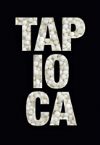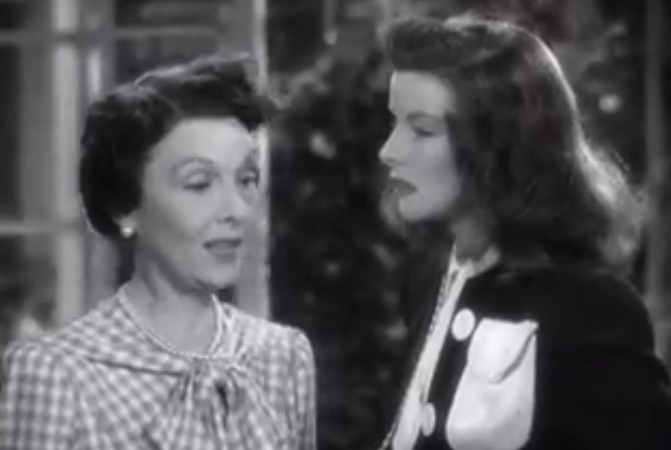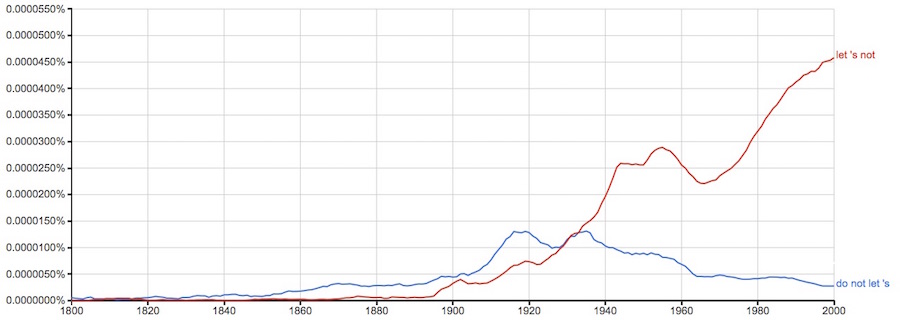|
ESL Forum:
Techniques and methods
in Language Teaching
Games, activities
and teaching ideas
Grammar and
Linguistics
Teaching material
Concerning
worksheets
Concerning
powerpoints
Concerning online
exercises
Make suggestions,
report errors
Ask for help
Message board
|
ESL forum >
Grammar and Linguistics > First Person Plural, Negative Imperatives
First Person Plural, Negative Imperatives
|

Gi2gi

|
First Person Plural, Negative Imperatives
|
I have been bumping into sentences in some (text)books with Don �t let �s starting a negative imperative sentence. E.g. Don �t let �s waste time. Don’t let’s talk. To be honest, it sounds a bit awkward to me as I would generally say: Let �s not waste time. Let’s not talk. But anyway, when and if a student comes across such a form (Don’t let’s), what should my comment be? Is Don �t let �s an uncommon/dialectic way of saying Let �s not? Or is it just bad grammar? Or is it something else? :) Thank you |
2 Oct 2015
|
|
|
|

loboclaud

|
|
Well, I am not a native speaker but I have never seen that structure before. In my opinion it is incorrect but maybe some of the native speakers here can help you. |
2 Oct 2015
|
|
|

maryse pey�

|
|
I was taught with such a structure when I was a very young student and, since my very 1st lesson, have always seen and heard such a construction as a very natural one.
Don �t let us go to the cinema ! We will be back too late and we have to leave very early tomorrow morning ! |
2 Oct 2015
|
|
|

almaz

|
|
It �s a common enough informal usage in the UK. Michael Swan: "There are two possible negatives [of let us], with let us not and do not let us (informal: let �s not and don �t let �s)" And from Merriam-Webster �s Dictionary of English Usage: "The negative of let �s is formed in three ways: let �s not, which is widely used; don �t let �s, which is chiefly found in British English; and let �s don �t, which is an Americanism." Oh, and there was this rather jingoistically triumphalist song � banned by the BBC, incidentally � written by the ineffably elegant No�l Coward:
|
2 Oct 2015
|
|
|

Gi2gi

|
|
" let �s not, which is widely used; don �t let �s, which is chiefly found in British English; and let �s don �t, which is an Americanism" A useful piece of information! Thanks everyone for the comments. EDIT:
Maryse, so, after all, Don�t let�s seems to be a British usage. I wonder if our American friends would corroborate.
|
2 Oct 2015
|
|
|

cunliffe

|
|
In case of any confusion, it may be that �don �t let �s � is chiefly found in British English, but that means as opposed to in American English. �Let �s not � is much more widely used. Actually, I thought �Don �t let �s � was an American Englishism. |
2 Oct 2015
|
|
|

loboclaud

|
|
Thanks everyone for enlightening us on this structure. I had never heard it before so it is nice to know that it is correct and it is British English. |
2 Oct 2015
|
|
|

MoodyMoody

|
|
As a speaker of American English, I have never heard "Don �t let �s" at all. "Let �s not" is by far the most common in American English, although I have heard "Let �s don �t and say we did" before. I �m from the South, though; "let �s don �t" might be more common in other American English dialects. |
2 Oct 2015
|
|
|

Gi2gi

|
|
Thanks,Lynne and MoodyMoody for further clarifications. |
3 Oct 2015
|
|
|

Tapioca

|
The Philadelphia Story (1940)
MARY NASH:
Well, we both might face the fact that neither of us has proved to be a very great success as a wife.
KATHERINE HEPBURN:
We just picked the wrong first husbands, that �s all.
MARY NASH:
Well, don �t let �s argue about it. You wanted me to take a stand and I �ve taken it. This is an American movie, but I have a feeling it �s not an issue of which side of the Atlantic you �re on but perhaps when you were born or perhaps your social status? |
3 Oct 2015
|
|
|

Tapioca

|
|
Google Books � Ngram Viewer can be useful for things like this. It checks a large corpus of English to tell you how often a word or phrase has been used compared with another word or phrase and plots that over time. It wouldn �t allow a search for "Don �t let �s" but substituted "do not let �s". Still, the results are interesting and if you didn �t know about it before, you �ll have lots of fun trying different combinations of words, names and phrases. |
3 Oct 2015
|
|
1
2
Next >
|














